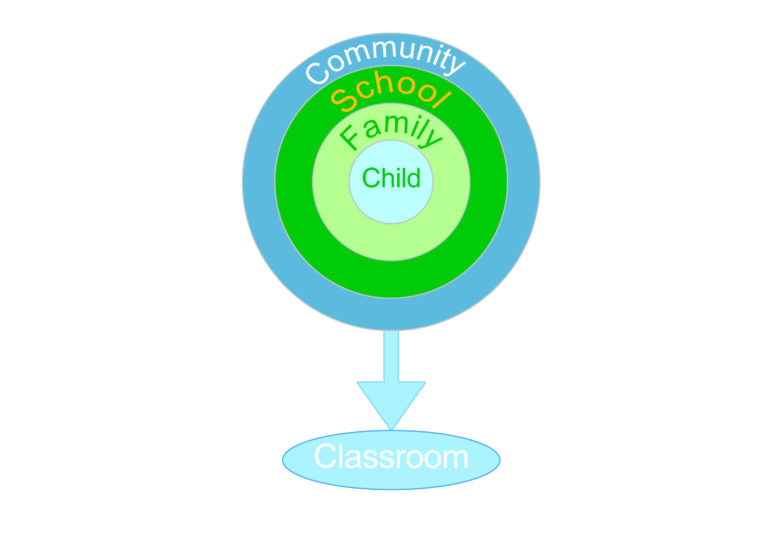Home / Teaching / Diversity & Inclusion / Education for All: Disability, Diversity and Inclusion / Changing classroom practice
This article is from the free online
Education for All: Disability, Diversity and Inclusion


Reach your personal and professional goals
Unlock access to hundreds of expert online courses and degrees from top universities and educators to gain accredited qualifications and professional CV-building certificates.
Join over 18 million learners to launch, switch or build upon your career, all at your own pace, across a wide range of topic areas.

 Welcome to week 5. This week we discuss the various ways of supporting active learning and engagement in the classroom.
Welcome to week 5. This week we discuss the various ways of supporting active learning and engagement in the classroom.


